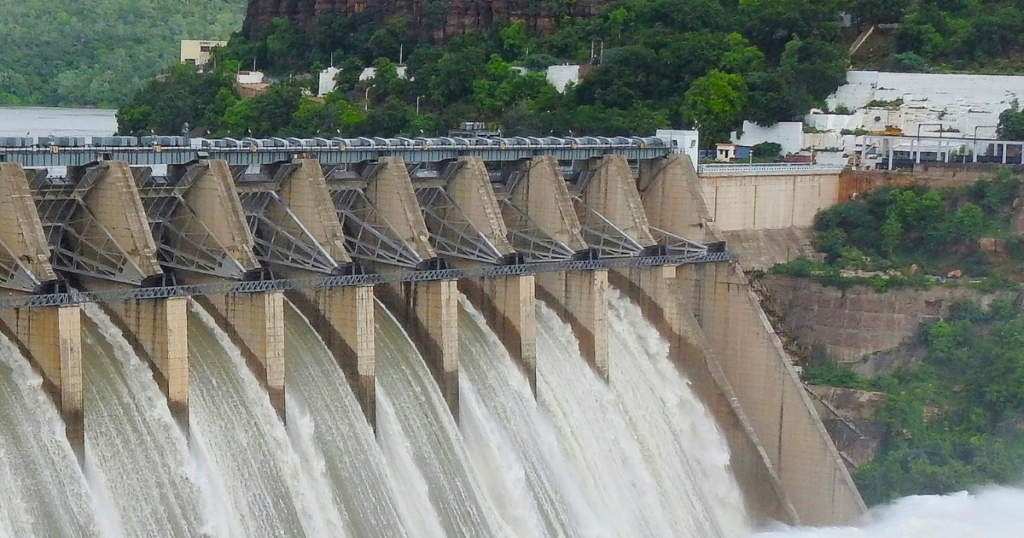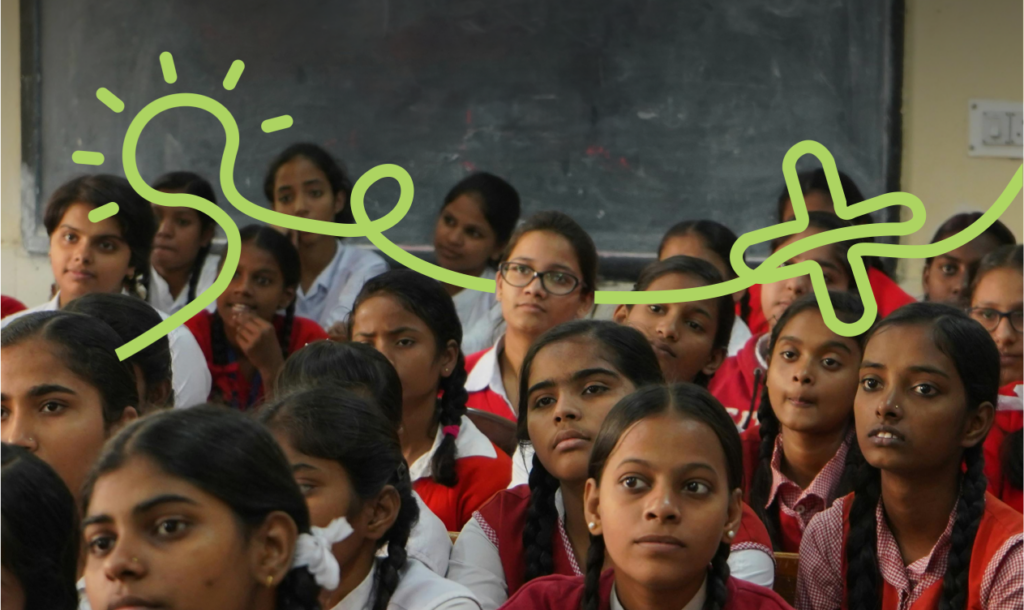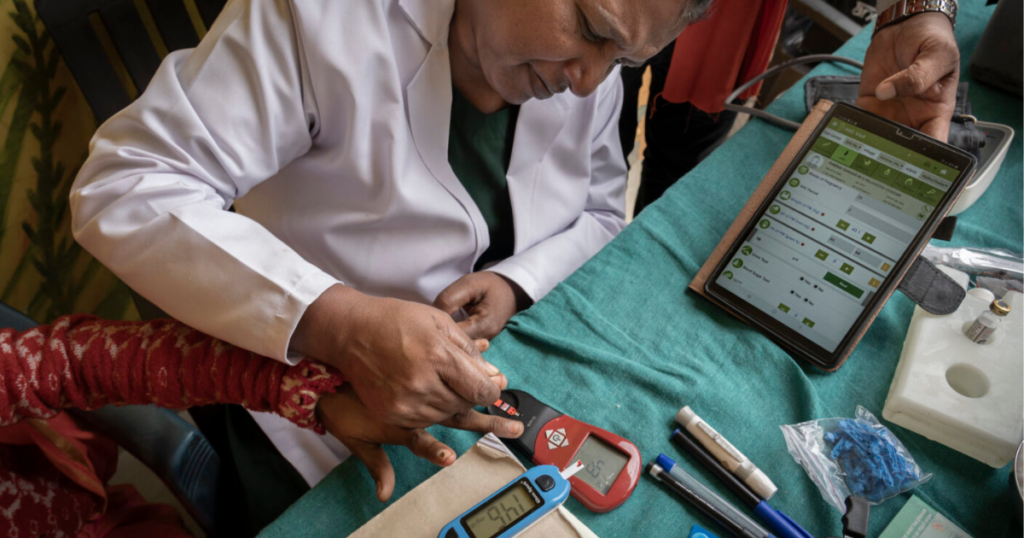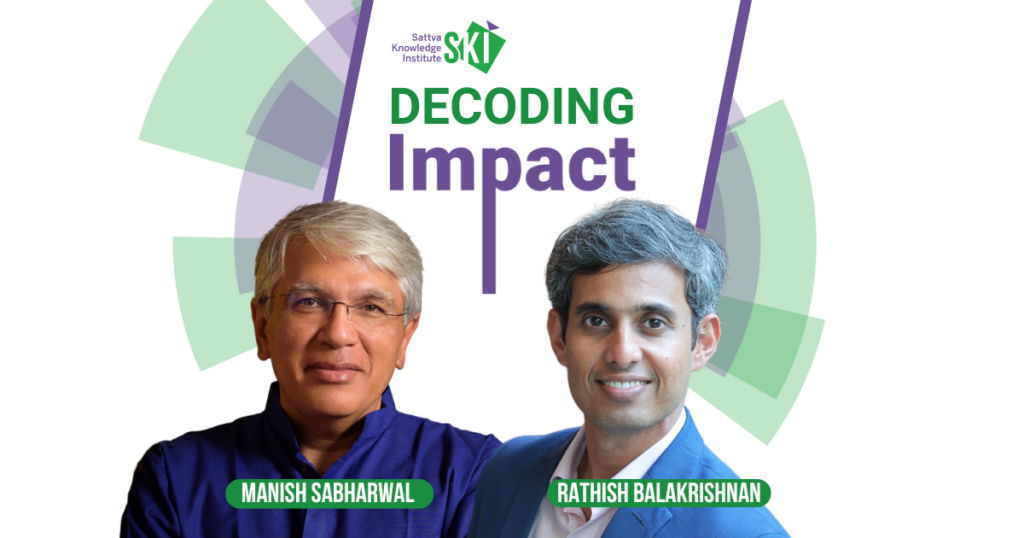Irrigation uses a whopping 84% of India’s groundwater reserves. This heavy reliance on groundwater in agriculture poses significant challenges to sustainability of agriculture, especially key crops like rice, sugarcane and wheat. Studies suggest that water-intensive crop cultivation and inefficient farming practices can lead to a 30-40% reduction in yield and up to 30% lower income for farmers.
Industry and policymakers are influenced by government subsidies, traditional biases, and industry interests when making decisions about water use and investments. However, reliable and robust data-driven tools are necessary to inform decisions around water usage. These tools can help assess, monitor, and reduce water-related risks – and consequently, address water challenges – by providing stakeholders with clear insights into water extraction and utilisation trends as a result of their operations and activities.
This CoP session will discuss the water vulnerability assessment landscape of India, and also explore the scope for a comprehensive water vulnerability index by:
-
- Assessing existing tools for evaluating water vulnerability and risk, exploring existing methodologies, and identifying design strengths and weaknesses.
- Envisioning potential applications for these tools across various sub-sectors within agriculture while delineating the value they offer to different stakeholders, like businesses and financial institutions.
- Analysing the existing limitations and gaps within the ecosystem, including both the strengths and weaknesses of adoption.
- Exploring opportunities to scale existing tools or develop new ones, considering potential risks associated with each approach and application.
Since its inception, the Sattva Knowledge Institute has sought to unite diverse stakeholders, perspectives, and efforts to solve societal problems on a common platform.
We have created SKI Communities of Practice (CoP) to drive collaborative action. Through focused brainstorming and knowledge sharing, CoP will advance the co-creation of accessible public goods to solve problems at scale.
Do you represent a government body, corporate entity or civil society organisation?
Are you keen on working with us to address this challenge?
Write to us at sattvaknowledgeinstitute@sattva.co.in




